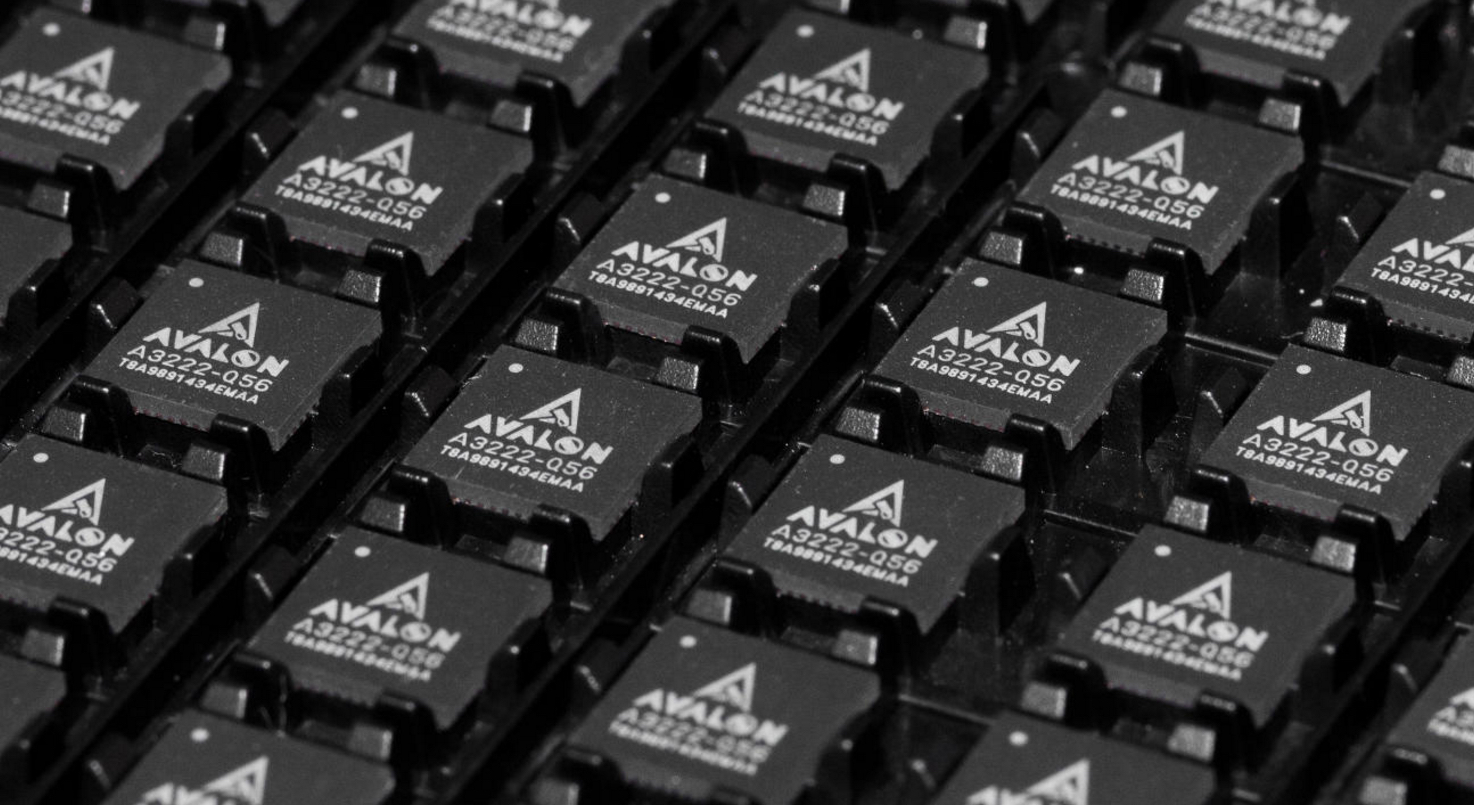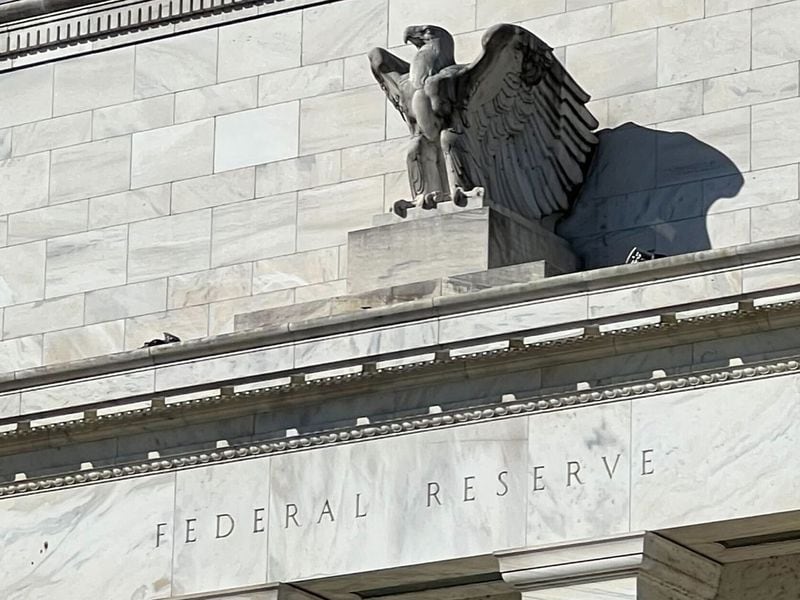DeFi Lending Platform Rari Capital Settles SEC Charges
The U.S. Securities and Exchange Commission settled charges with decentralized finance lending platform Rari Capital and its co-founders, alleging that it operated as an unregistered broker, offered unregistered securities offerings and misled investors.
Jai Bhavnani, Jack Lipstone and David Lucid, the platform’s co-founders, also settled charges with the SEC, the regulator announced Wednesday.
Rari offered Earn and Fuse pools, “which functioned like crypto asset investment funds.” It violated federal securities law by selling interests in both pools and selling the Rari Governance Token, the SEC alleged.
Rari’s co-founders told their investors that the Earn pools automatically rebalanced its holdings “into the highest yield-generating opportunities,” but this process was actually manual and Rari did not always rebalance the pools, the SEC said.
“The SEC also alleges that Rari Capital and its co-founders misleadingly touted the high annual percentage yield that investors would earn, but they failed to account for various fees and, ultimately, a significant percentage of Earn pool investors lost money on their investments,” the agency said in a release.
Rari offered unregistered broker services through the Fuse platform, the SEC alleged.
As part of their settlement, Rari’s co-founders agreed to fines and five-year officer-and-director bans, though these are subject to court approval. Neither the co-founders nor Rari admitted or denied the allegations in the settlement agreement, which is standard.
Rari Capital Infrastructure, which the SEC said took over from Rari in 2022, also settled unregistered securities and broker charges, agreeing to a cease-and-desist order.
“We will not be deterred by someone labeling a product as ‘decentralized’ and ‘autonomous,’ but instead will look beyond the labels to the economic realities, as we did here, and hold the individuals behind crypto products and platforms accountable when they harm investors and violate the federal securities laws,” said SEC San Francisco Regional Office Director Monique Winkler in a statement.
This was Rari’s second hack, after losing $15 million in ether earlier in 2021.
Disclosure
Please note that our
privacy policy,
terms of use,
cookies,
and
do not sell my personal information
has been updated
.
CoinDesk is an
award-winning
media outlet that covers the cryptocurrency industry. Its journalists abide by a
strict set of editorial policies.
In November 2023
, CoinDesk was acquired
by the Bullish group, owner of
Bullish,
a regulated, digital assets exchange. The Bullish group is majority-owned by
Block.one; both companies have
interests
in a variety of blockchain and digital asset businesses and significant holdings of digital assets, including bitcoin.
CoinDesk operates as an independent subsidiary with an editorial committee to protect journalistic independence. CoinDesk employees, including journalists, may receive options in the Bullish group as part of their compensation.
:format(jpg)/www.coindesk.com/resizer/BETd9o0r2OHtd2vT2ZqY9QPrJps=/arc-photo-coindesk/arc2-prod/public/ODFQHDRZFJG7XNVO7P6PUYMWS4.png)
Nikhilesh De is CoinDesk’s managing editor for global policy and regulation. He owns marginal amounts of bitcoin and ether.
Follow @nikhileshde on Twitter









